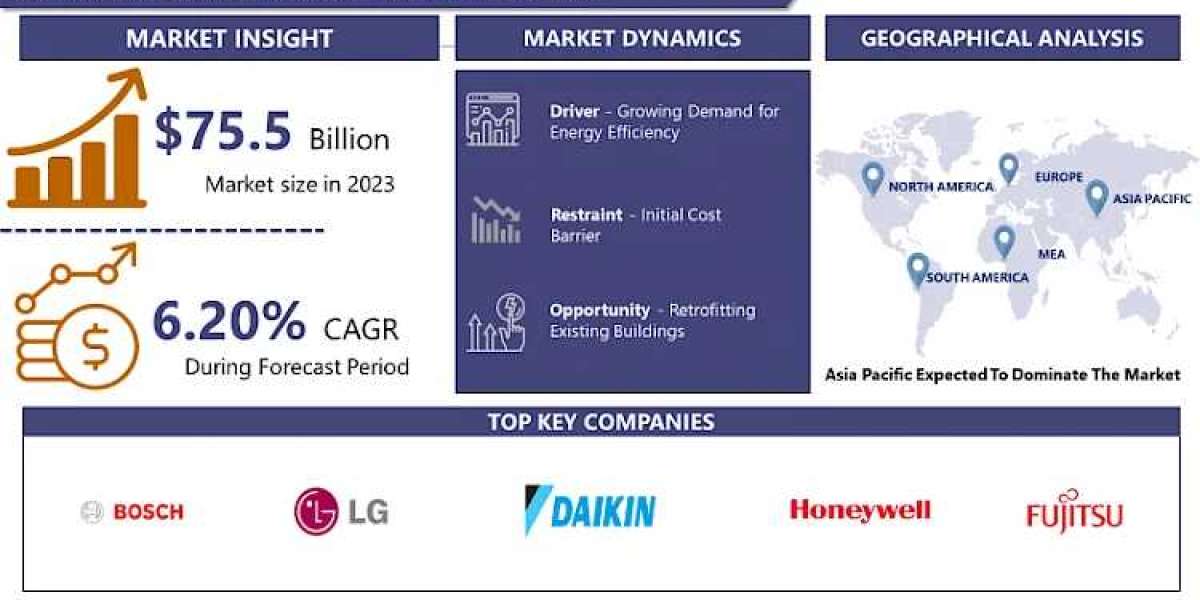The Infinium Global Research analyzes the IoT in Construction Market over the period of 2024 to 2032. This report also provides detailed qualitative and quantitative analyses of the market dynamics, market size and future trends in global iot in construction market. It will help a lot of decision makers to develop strategies and find new opportunities in the global markets of iot in construction. The report covers market changing aspects including drivers, restraints, opportunities, and trends expected to encouragement the expansion of the iot in construction market during the period.
Get Sample pages of Report: https://www.infiniumglobalresearch.com/reports/sample-request/31953
Do small and mid-size companies challenge the large companies domestically?
Small and mid-size companies in the construction sector do challenge larger companies domestically by leveraging advanced technologies like IoT, AI, and Big Data to enhance productivity and address inefficiencies. These technologies help smaller firms optimize tasks such as asset monitoring, safety management, and predictive maintenance, thereby reducing operational costs and improving project management efficiencies. The COVID-19 pandemic accelerated the adoption of these technologies as companies sought to mitigate issues like labor shortages and disrupted supply chains. While the high installation costs of IoT technology can be a barrier, technological progress and increasing urbanization in developing regions are expected to boost market growth. Companies such as Autodesk, Inc., and Oracle Corporation, among others, are key players in this market, further indicating the competitive landscape shaped by both large and smaller firms.
Do sustainable products hold strong customers' minds?
Sustainable products are gaining significant traction in customers' minds, particularly in sectors like construction where advanced technologies such as AI, IoT, and Big Data are addressing inefficiencies and boosting productivity. The construction industry, a major contributor to the global economy, has rapidly adopted IoT for applications like asset monitoring, safety management, and predictive maintenance, which reduce operational costs and improve efficiency. Although the COVID-19 pandemic initially hampered IoT adoption due to project delays, the market is expected to rebound as construction activities resume. This trend is particularly notable in regions like North America and the Asia Pacific, were technological advancements and urbanization drive demand for sustainable, tech-driven solutions.
Keywords to focus,
How is IoT Transforming the Construction Industry?
The integration of Internet of Things (IoT) technologies in the construction industry is driving significant advancements and improvements. Here are the key points that highlight the impact and adoption of IoT in construction:
- Addressing Inefficiencies and Productivity Issues:
- IoT technologies, along with AI and Big Data, are mitigating inefficiencies and boosting productivity within the construction sector.
- Applications of IoT in Construction:
- Asset Monitoring: Tracking and managing construction assets effectively.
- Safety Management: Enhancing on-site safety for workers.
- Fleet Management: Optimizing the use and maintenance of construction vehicles.
- Predictive Maintenance: Reducing downtime by anticipating equipment failures.
- Project Management: Improving efficiencies and reducing operational costs.
- Impact of the COVID-19 Pandemic:
- Positive Effects: Accelerated adoption of IoT due to the need for automation and remote management during lockdowns.
- Challenges: Temporary decline in demand as projects were halted or delayed.
- Recovery: The market is expected to recover as construction activities resume.
- Drivers of IoT Adoption:
- Labor Productivity and Shortage: IoT helps compensate for lower labor productivity and shortages.
- Cost and Time Efficiency: Reducing human effort, construction costs, and project timelines.
- Urbanization: Growing construction projects in developing regions due to rapid urbanization.
- Challenges and Future Outlook:
- High Installation Costs: The significant initial investment in IoT technology can be a barrier.
- Technological Advancements: Ongoing progress in construction technology is expected to drive future market growth.
- Geographical Insights:
- North America: Leading in IoT adoption in construction due to early adoption and industry progress.
- Asia Pacific: Expected to witness the highest growth rate due to development activities in countries like China, Japan, and India.
- Market Segmentation:
- Components: Hardware, software, and services.
- Applications: Asset monitoring, safety management, fleet management, predictive maintenance, and others.
- End Users: Residential and commercial sectors.
- Key Companies:
- Leading companies in the IoT construction market include Autodesk, Inc., Oracle Corporation, KORE Wireless Group, Triax Technologies, Inc., Topcon Corporation, Giatec Scientific Inc., Procore Technologies, Inc., Pillar Technologies Inc., Sigfox S.A., and Carnegie Technologies (Longview IoT).
The integration of IoT in construction is set to revolutionize the industry by enhancing efficiency, safety, and project management, despite the initial high costs and challenges faced during the pandemic. The continuous technological advancements and urbanization trends are expected to propel the market growth in the coming years.
Report Overview: https://www.infiniumglobalresearch.com/reports/global-iot-in-construction-market
Reasons to Buy this Report:
= Comprehensive analysis of global as well as regional markets of iot in construction.
= Complete coverage of all the product types and application segments to analyze the trends, developments, and forecast of market size up to 2032.
= Comprehensive analysis of the companies operating in this market. The company profile includes an analysis of the product portfolio, revenue, SWOT analysis, and the latest developments of the company.
= Infinium Global Research- Growth Matrix presents an analysis of the product segments and geographies that market players should focus on to invest, consolidate, expand, and/or diversify.
Conclusion:
The COVID-19 pandemic accelerated the adoption of IoT in the construction industry, helping to address labor shortages, supply chain disruptions, and inventory management challenges. While the demand for IoT dropped during the pandemic due to project delays, the market is poised for recovery as construction activities resume. IoT adoption is driven by its ability to enhance productivity, reduce costs, and mitigate labor shortages, particularly in rapidly urbanizing regions. Despite high installation costs, ongoing technological advancements are expected to further boost IoT integration in construction, ultimately leading to increased efficiency and growth in the sector.



